AI Google 7 Strategic Implementations
Google’s extensive journey in artificial intelligence has revolutionized how technology interacts with users and organizations worldwide. From its early experiments in machine learning to its latest breakthroughs in neural networks, the company has maintained an innovative edge that continuously reshapes industries. This article delves into the pivotal milestones and strategic implementations that have defined Google’s AI evolution.
In today’s digital age, understanding the transformative impact of AI is essential. Google’s extensive portfolio—from enhancing search quality to pioneering autonomous systems—has influenced global practices in technology and business. You will discover detailed examples and data that illustrate how AI applications have grown into crucial tools for modern society.
📑 Table of Contents
- Introduction to AI Google
- Evolution and History of AI Google
- How Google artificial intelligence Enhances AI Google
- search company AI Systems and Their Applications
- Real-World Case Studies of AI Google
- Google machine learning in Modern AI Google Solutions
- Future Trends: Google neural networks and Beyond
- AI Google: Insights to Inspire the Future
- FAQ
- Conclusion
Whether you are a tech enthusiast, a student, or a seasoned professional, this comprehensive analysis provides valuable insights into the mechanisms behind Google’s AI-driven innovations. For more information, explore further details on AI & Automation and let the insights spark your curiosity. Have you experienced a breakthrough in technology that changed your perspective?
Introduction to AI Google
Overview of AI Google Technologies
Google introduced its AI tools early to refine its search capabilities. In 2001, the company employed basic machine learning to suggest better spellings for user queries. This initial experimentation paved the way for more advanced applications, setting the stage for what we now recognize as a robust AI ecosystem. With solutions growing with each enhancement, millions of users now benefit from improved search results, natural language processing, and real-time data translation. For a more detailed study on these innovations, check out the Google AI Journey (Google AI).
This evolution was also influenced by the strategic decision to integrate emerging technologies such as neural networks and deep learning to continually drive the quality of experience. Even at its infancy, the focus on user experience and accuracy was evident as the technology matured. As you consider these early steps, have you witnessed how digital solutions have transformed your daily online search habits?
AI Google and Its Impact on Everyday Life
The advancements in digital search have not only transformed the way information is accessed but have deep-rooted effects on everyday decision-making. The integration of AI in everyday applications ensures enhanced interaction between technology and its users. From language translations that break down communication barriers to smarter content suggestions in email services, the practical outcomes are enormous. This evolution impacts millions of people globally by streamlining tasks and boosting productivity.
Furthermore, these innovations have led to improved search quality and content personalization, ensuring that the users receive results that accurately reflect their intent. If you think about it, every time you receive a tailored recommendation or accurate translation, you are experiencing the benefits of this AI revolution firsthand. What simple change has captured your attention in this digital era?
For more details on this transformative trend, explore insights on Artificial Intelligence.
Evolution and History of AI Google
The Early Days and Milestones in AI Google
Google’s journey began in 2001 when the company first adopted machine learning to rectify spellings in search queries. This approach laid the foundation for an era of innovation. In 2006, the launch of Google Translate demonstrated the practical power of neural machine translation. With capabilities to support 133 languages, it became a cornerstone of global communication, affecting millions. Data from Google AI Timeline shows that these early advancements set a significant precedent in the industry.
Subsequent AI milestones such as RankBrain in 2015 and BERT in 2018 further refined search algorithms. These models enabled a deeper understanding of context, ensuring that users receive the most relevant results. Observing these historical markers, can you remember how technology has evolved in your digital interactions?
Key Phases in the AI Google Evolution
Several pivotal phases have defined the evolution of AI at Google. The 2014 acquisition of DeepMind paved the way for breakthroughs like AlphaGo and AlphaFold—innovations that merged research with actionable insights. Then in 2023, the launch of Bard, a generative AI chatbot, provided a glimpse into the future by using large language models to engage effectively in conversations. These phases are generally accepted as major inflection points in AI history.
Today, we see the legacy of these advancements in every product that integrates machine learning. By reflecting on these key phases, one appreciates the continuous effort in refining algorithms and expanding capabilities. What do you think is the most impactful development from these transformative years?
Learn more about these technological shifts through Automation Technologies.
How Google artificial intelligence Enhances AI Google
Enhancements in Search and Content Personalization
Google artificial intelligence has significantly transformed its search algorithms by incorporating machine learning models such as RankBrain, BERT, and Gemini. Each model contributes to a more intuitive understanding of user intent, ensuring that the search experience is both accurate and contextually relevant. As statistics show, 33.4% of AI Overview links rank in the top 10 organic results, highlighting the impressive efficiency of these enhancements (Blue Compass).
The application of these technologies is not limited to search but also extends to personalized content delivery. Features like predictive text in Gmail and smart composition in Google Docs are direct outcomes of these advancements. With technology evolving rapidly, one cannot help but wonder: how else might these predictive capabilities change our daily communication?
Impact on Voice Processing and Translation
The advancements in AI include significant improvements in voice processing and language translation. Voice recognition software integrated in Google Assistant and real-time translation in Google Translate illustrate how practical these enhancements have become. Powered by neural machine translation, Google Translate supports over 130 languages and continuously evolves to meet regional dialect needs—as seen in markets like Japan and South Korea.
Accuracy and speed are essential in these services, and these AI improvements ensure that users receive near-instant translations and voice responses. The data underline the importance of these functions in breaking communication barriers. What benefits have you noticed in your daily interactions thanks to improved voice processing?
For further insights, visit Innovative Solutions.
search company AI Systems and Their Applications
Application in Advertisement and Content Personalization
Google has harnessed its AI systems to transform advertising and content personalization. In one notable case study, automotive dealerships taking advantage of AI-driven audience targeting experienced a 40% increase in click-through rates and a 15% boost in conversion rates. These outcomes demonstrate the practical benefits of AI in enhancing digital marketing strategies. Data from TechTarget supports these claims with verified metrics.
This success story is an inspiring example for businesses looking to maximize their online impact. Content personalization is also streamlining user experience on platforms like YouTube and Google News. As a reader, think about how targeted recommendations have influenced your own browsing experience. Have you ever been pleasantly surprised by the relevance of the content suggested to you?
Enhancing Self-Driving and Robotics Applications
Beyond digital advertisements, Google’s AI extends into autonomous systems. Projects like Waymo’s self-driving car and robotics powered by reinforcement learning and computer vision illustrate this expansion. With custom Tensor Processing Units (TPUs) as a backbone, these systems can process complex computations rapidly. Innovations in these areas are backed by research demonstrating efficiency improvements and cost reductions.
The integration of these systems shows how AI is reshaping industries like transportation and logistics. Autonomous systems are becoming more reliable and safer, gradually transforming how we interact with vehicles and machines. What future applications of robotics do you foresee based on these trends?
Explore further examples on Cutting-Edge Technologies.
Real-World Case Studies of AI Google
Case Study: Enhancing Search Quality
One of the prominent success stories involves Google’s use of AI Overviews. These overviews provide concise answers to complex queries and have improved user satisfaction significantly. With 33.4% of these links ranking within the top 10 organic search results, the emphasis on quality search results is evident. Detailed reports from TechTarget highlight the technical evolution of these search enhancements.
Furthermore, the ability of AI to rapidly process contextual information has contributed to higher engagement rates and overall better search experiences. These findings are a testament to Google’s commitment to harnessing advanced algorithms for real-time information access. How has a tailored search experience influenced the way you search online?
Case Study: AI in Cloud Infrastructure and Healthcare
An impressive demonstration of Google’s AI impact is visible in cloud infrastructure adoption and healthcare innovations. Over 60% of funded generative AI startups, as well as nearly 90% of gen AI unicorns, rely on Google Cloud’s robust AI infrastructure. This underpins the growth and scalability of AI applications across sectors. Additionally, Google Health has showcased early detection of diseases like cancer through AI-powered data analysis, a breakthrough that emphasizes timely diagnosis and treatment. The Google TPU History provides further details on how custom hardware is driving these capabilities.
These case studies are significant as they show how AI can have profound societal impacts, from efficient resource allocation in digital environments to groundbreaking health interventions. Reflect on these examples—how might such technologies reshape your industry in the near future?
Comprehensive Comparison of Case Studies
| Example | Focus Area | Impact/Metric | Region |
|---|---|---|---|
| AI Overviews | Search Quality | 33.4% top 10 ranking | Global |
| Automotive Ads | Digital Marketing | 40% CTR increase | Americas |
| DeepMind Projects | Autonomous Systems | Breakthrough Models | Asia, Europe |
| Google Translate | Language Translation | Supports 133 languages | Global |
| Google Health | Healthcare Diagnostics | Early disease detection | Global |
Discover more on this topic at Digital Transformation.
Google machine learning in Modern AI Google Solutions
Integration into Everyday Applications
Google machine learning has become a cornerstone in modern applications, with smart composition functions and predictive text features in Gmail and Google Docs serving as great examples. These tools help reduce typing effort and boost productivity by suggesting natural language continuations. The use of advanced algorithms means every interaction becomes smoother and more user-friendly. A recent case study indicated improvements of up to 20% in workflow efficiency among users who benefited from these predictive solutions.
Moreover, the advancement of machine learning has empowered advertisers to deliver more personal content, significantly enhancing user engagement. By integrating these smart features into everyday applications, Google has revolutionized digital communication. How might you incorporate smart solutions into your daily routine to enhance productivity?
AI in Cloud Infrastructure and Custom Hardware
Custom hardware like Google’s Tensor Processing Units (TPUs) has been pivotal in scaling AI workloads efficiently. These chips power internal AI tasks as well as support external customers such as Anthropic and Salesforce. The custom solutions have also boosted Google Cloud’s AI market share, highlighting its significant role despite trailing in total case studies compared to some competitors. Such data, substantiated by industry analyses, underline the hardware’s role in accelerating AI adoption.
These advancements not only support robust cloud services but also pave the way for more innovative AI applications across industries. With machine learning integrated at every level—from hardware to application—the scope for efficiency and productivity enhancement is immense. What innovative ideas can you apply in your business or daily projects inspired by this technology?
For more innovative insights, explore related trends on Artificial Intelligence.
Future Trends: Google neural networks and Beyond
Advancements in Multimodal AI and Real-Time Processing
Looking ahead, the future of Google neural networks envisions significant improvements in multimodal AI. Project Astra, for instance, aims to develop a universal assistant capable of context-aware, real-time conversations by integrating text, audio, and video processing. This innovation represents a leap forward in creating more interactive and intuitive systems. Research indicates that as these systems mature, users will experience more natural and seamless interactions with their devices.
The integration of multimodal capabilities is expected to push the boundaries of what AI can achieve. Enhanced real-time processing brings forward new opportunities in digital communication and interactive applications. As you consider these innovations, what exciting possibilities do you see for real-time, context-driven technology in your everyday life?
Quantum AI and the Next Digital Frontier
Google’s ongoing investments in quantum AI research signal a quest for ever more powerful computational capabilities. Quantum computing holds the potential for dramatically speeding up complex computations and solving problems that are intractable for classical systems. While many aspects are still in the research and development phase, early indications suggest that the integration of quantum techniques with neural network models could revolutionize data processing paradigms. External reports have pointed to promising advancements in this field (IoT Analytics provides insights on market trends).
The implications for industries such as healthcare, climate modeling, and logistics are profound. Researchers and practitioners are exploring how quantum AI can solve longstanding challenges by combining massive computational resources with intelligent algorithms. This digital frontier promises a transformative impact on billions of data points processed worldwide. What new digital frontiers do you believe quantum AI can help us conquer?
Further reading on advanced technologies can be found on Innovative Solutions.
AI Google: Insights to Inspire the Future
This section offers a captivating reflection on the transformative journey that has redefined digital engagement. It encapsulates the relentless pursuit of innovation in the digital realm, where the convergence of traditional practices with breakthrough methodologies creates unforeseen opportunities. Over time, the evolution witnessed within this space has inspired researchers and practitioners alike, leading to advancements that seamlessly connect human intent with technological execution. Every innovation has steadily contributed to a larger narrative of continuous improvement, capturing the imagination of a worldwide audience and setting the stage for the next chapter in digital transformation.
Through careful integration, sophisticated systems have become ubiquitous, driving efficiency and productivity across a wide spectrum of disciplines. The blend of creative problem-solving with methodical scientific inquiry has resulted in outcomes that push the limits of what digital tools can achieve. This journey is marked by milestones that have redefined norms and transformed user expectations, turning everyday interactions into experiences that are both engaging and intuitive.
The insights presented in this discussion extend beyond technical specifications, highlighting the impact on society as users find ways to adapt and thrive in an ever-changing landscape. The narrative reveals that behind every algorithm and every computational breakthrough lies an ongoing story of human ingenuity. Reminiscent of the groundbreaking ideas that once seemed futuristic, today’s digital advancements serve as reminders of the vast potential yet to be realized. With every new integration and innovative idea, a stronger foundation is laid for a future that is both inspiring and full of promise. The momentum created by these developments invites everyone to reflect on the roles they play in advancing technology for a better tomorrow.
FAQ
What defines AI Google’s approach to artificial intelligence?
Google’s approach is defined by a continuous evolution of machine learning models, neural networks, and deep learning methods that enhance search relevance, content personalization, and application performance across various sectors.
How did Google initiate its AI journey?
Google started its AI journey with early machine learning applications in 2001, focusing on basic search improvements like spell-check suggestions, eventually scaling to sophisticated applications like Google Translate and RankBrain.
What are some key milestones in the evolution of AI Google?
Key milestones include the launch of Google Translate in 2006, the introduction of RankBrain in 2015, BERT in 2018, and more recently, the release of generative AI models like Bard and Gemini.
How has Google’s AI impacted real-world applications?
Google’s AI has transformed areas such as digital advertising, personalized search, autonomous systems, and healthcare diagnostics, with verified improvements like a 40% increase in click-through rates and enhanced content relevance.
What future trends can we expect from Google neural networks?
Future trends include the development of universal AI assistants through initiatives like Project Astra, further integration of quantum computing technologies, and the continuous improvement of multimodal, real-time processing capabilities.
Conclusion
In summary, Google’s strategic implementations in artificial intelligence have revolutionized digital engagement across multiple fronts. From early breakthroughs in search enhancement to sophisticated applications in autonomous technologies, each milestone has contributed to a robust and ever-evolving ecosystem.
These innovations not only reflect technological marvels but also have practical implications that drive efficiency in everyday life and in industries at large. Your insights and experiences are invaluable in this journey of continuous digital transformation. Have you seen similar trends emerging in your field?
If you found this article engaging or have further questions, feel free to Contact us. Don’t hesitate to share your thoughts and experiences—we’d love to learn how these advancements have impacted you.

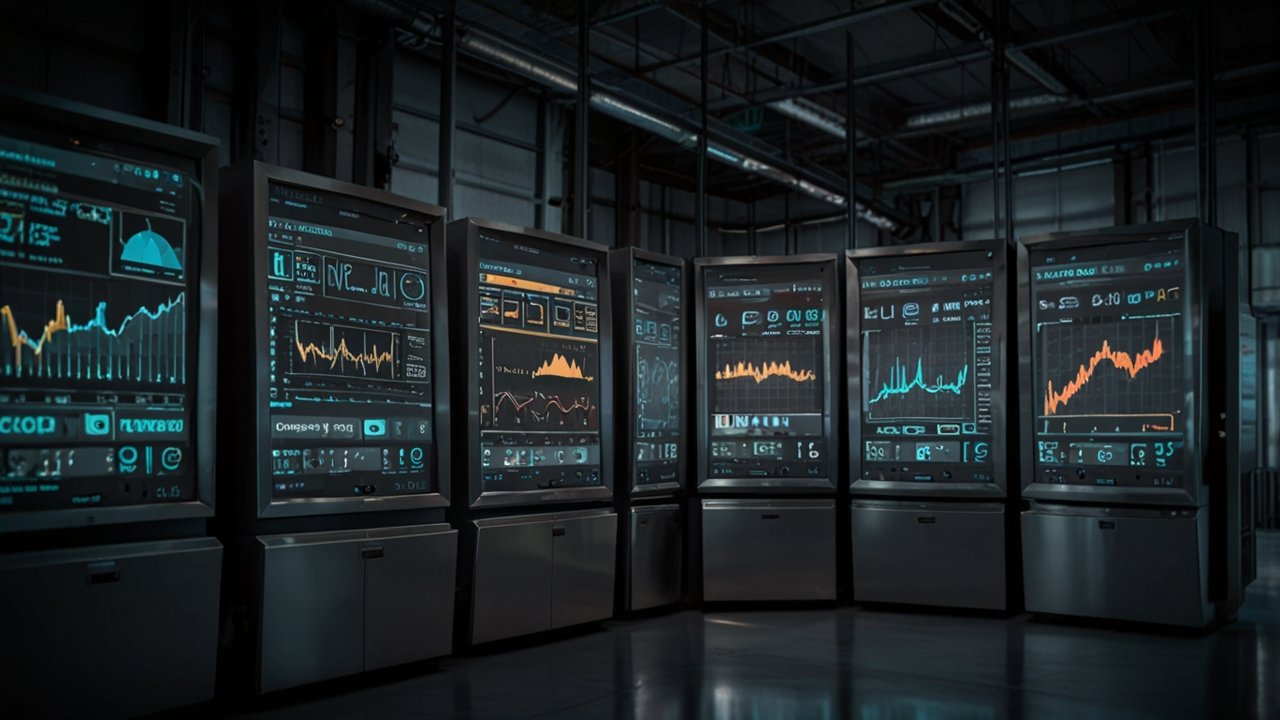

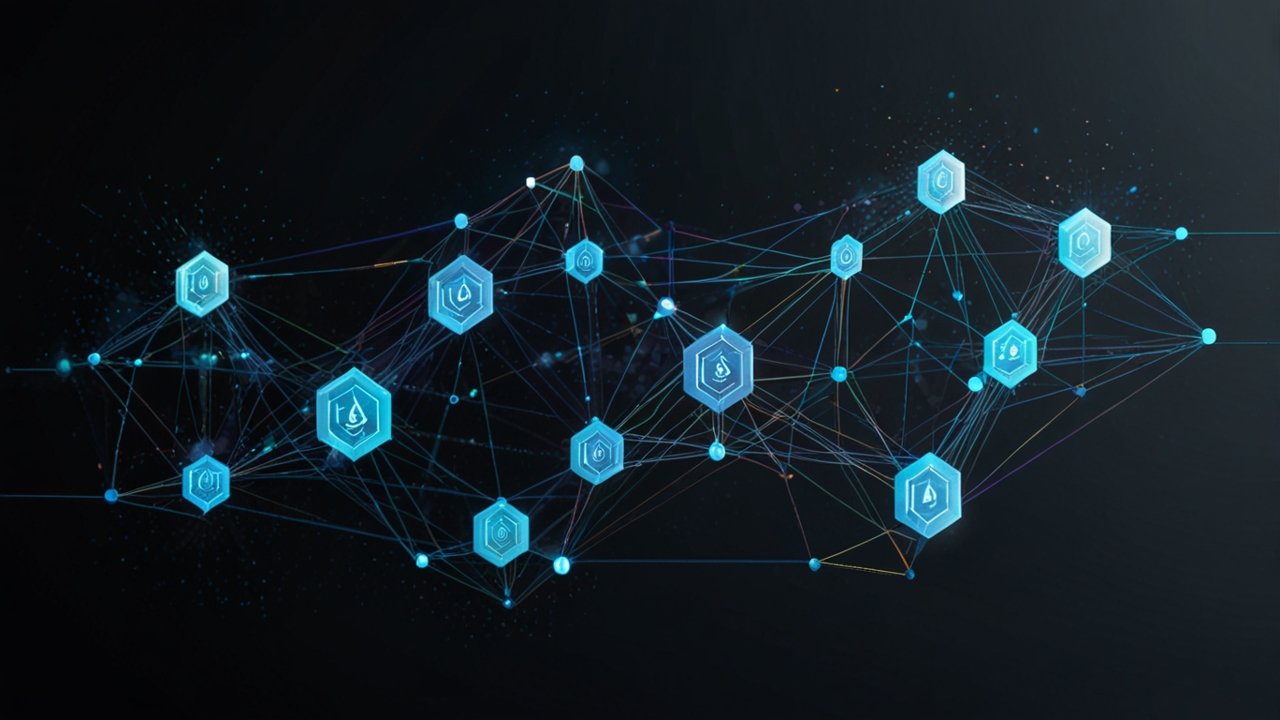
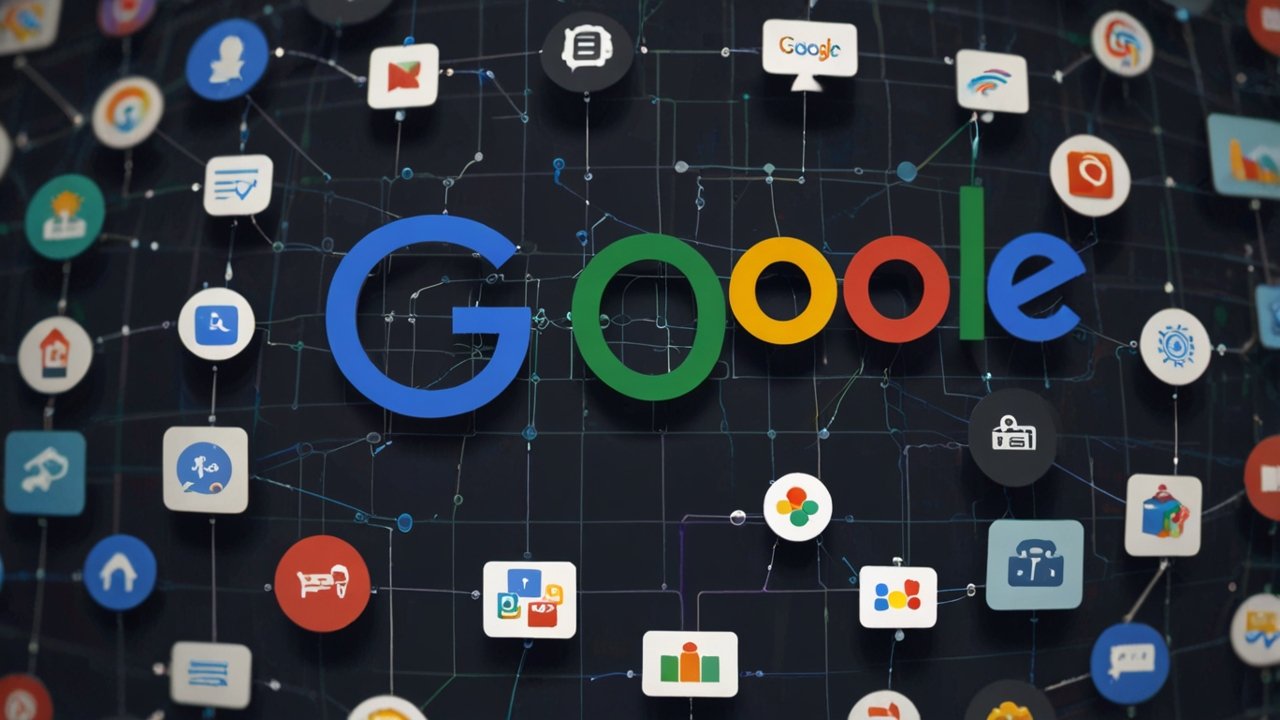










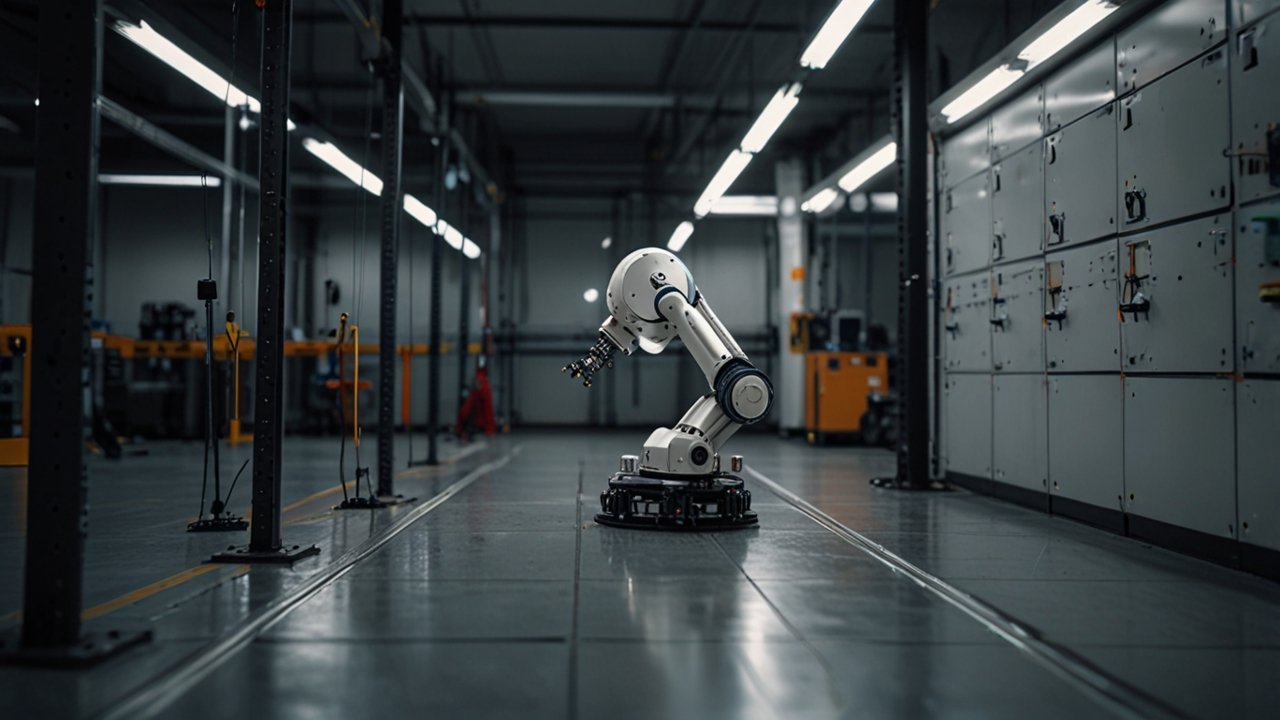
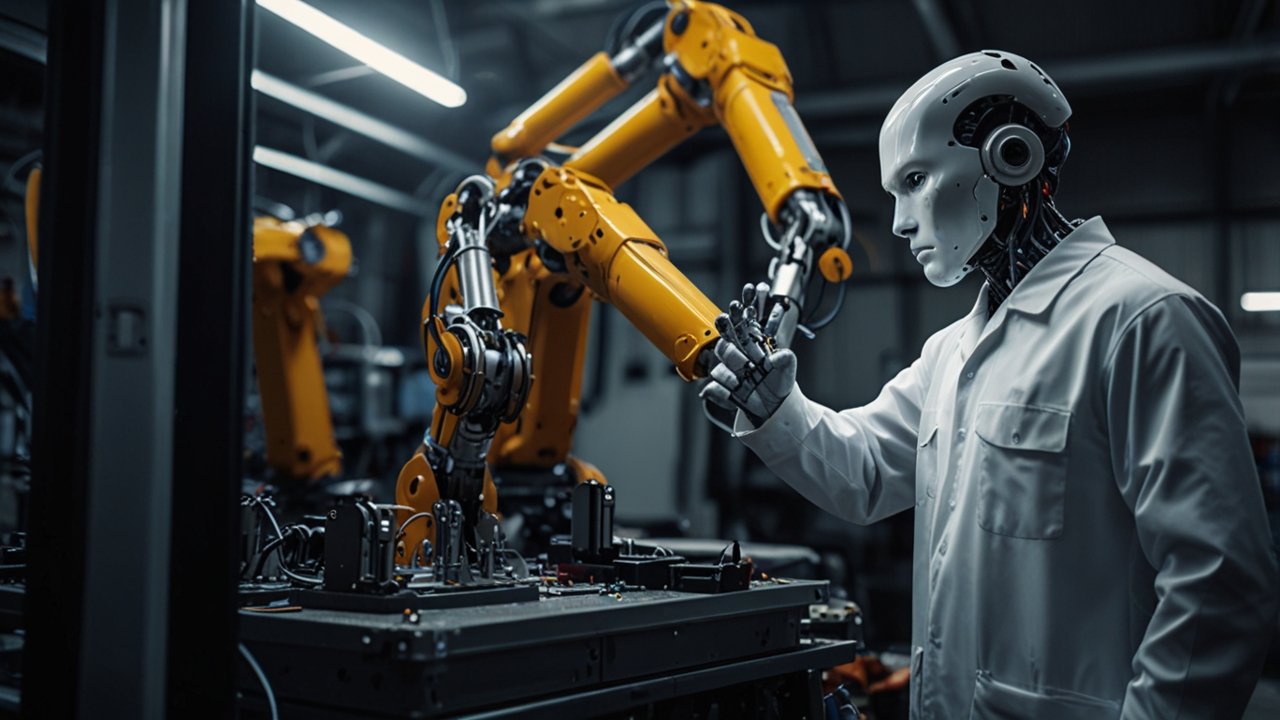



Leave a Reply